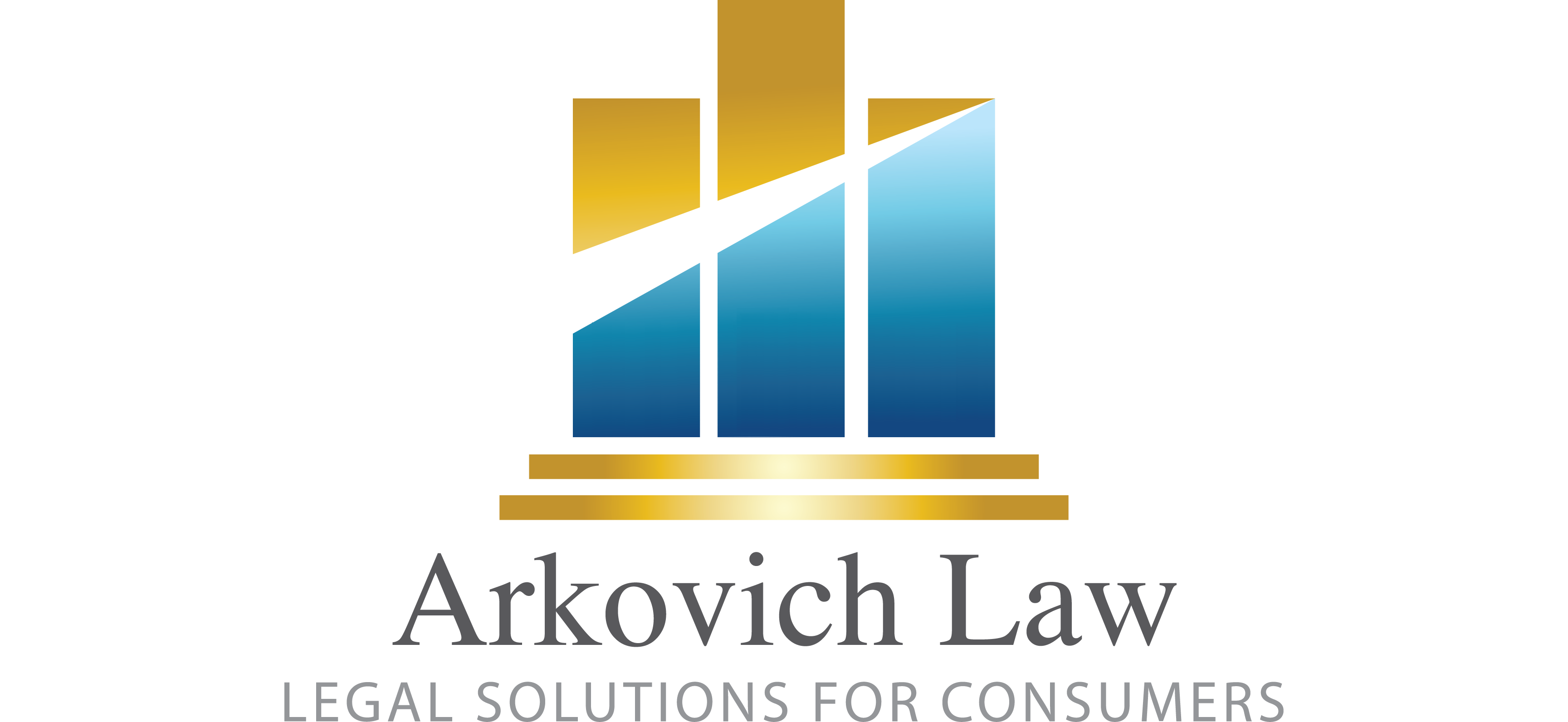 So the Consumer Financial Protection Bureau is in the process of being shut down. I expect that private consumer claims will increase thereafter when consumers realize that the government will not be taking action to protect them through the CFPB, FTC or other entity.
So the Consumer Financial Protection Bureau is in the process of being shut down. I expect that private consumer claims will increase thereafter when consumers realize that the government will not be taking action to protect them through the CFPB, FTC or other entity.
Many collection attorneys send out communications to a consumer’s past attorney as required by the Florida Bar. We review them and send to our former client. Here in the 11th Circuit which includes Florida, collection letters that are made from a collection attorney to a consumer’s attorney are actionable under the Fair Debt Collection Practices Act (“FDCPA”) per Bishop v. Ross Earle & Bonan, P.A., 817 F.3d 1268 (11th Cir. 2016). To defeat a standing issue, it’s important that the consumer attorney relay the letter or communication to the client though. Sometimes charging a small fee to review the matter can also defeat a standing challenge.
So what is a communication? We use email a lot (who doesn’t right?) and there was just a case out under the Florida Consumer Collection Practices Act, Quinn-Davis v. TrueAccord Corp, No. 1:23-cv-23590-LEIBOWITZ/REID (S.D. Fla. Nov. 20, 2024) which held that merely sending an email does not constitute a “communication” unless it is actually opened and read. This will reduce the viability of class actions based solely on information sitting in someone’s inbox.
 Reboot Your Life: Tampa Student Loan and Bankruptcy Attorney Blog
Reboot Your Life: Tampa Student Loan and Bankruptcy Attorney Blog

